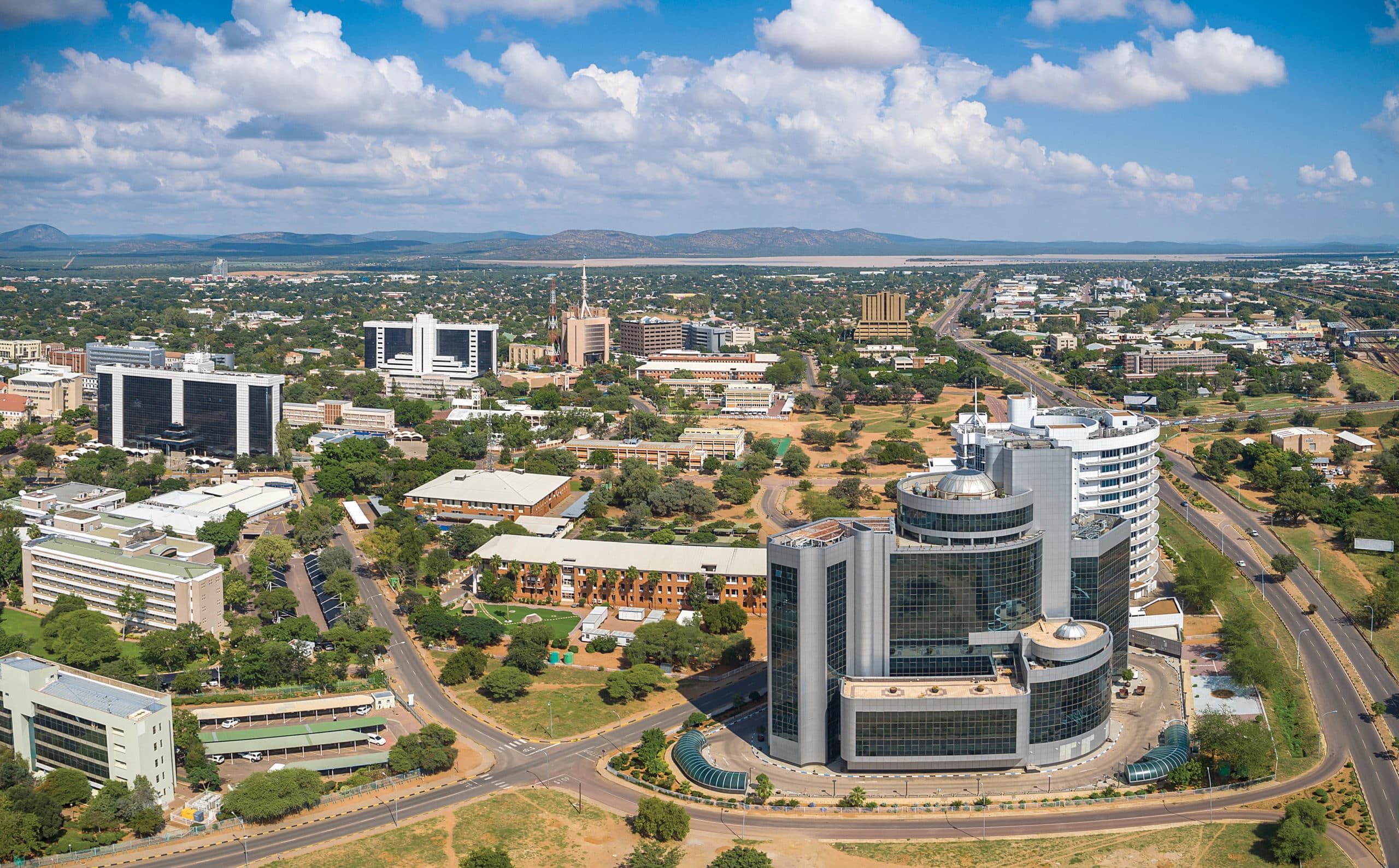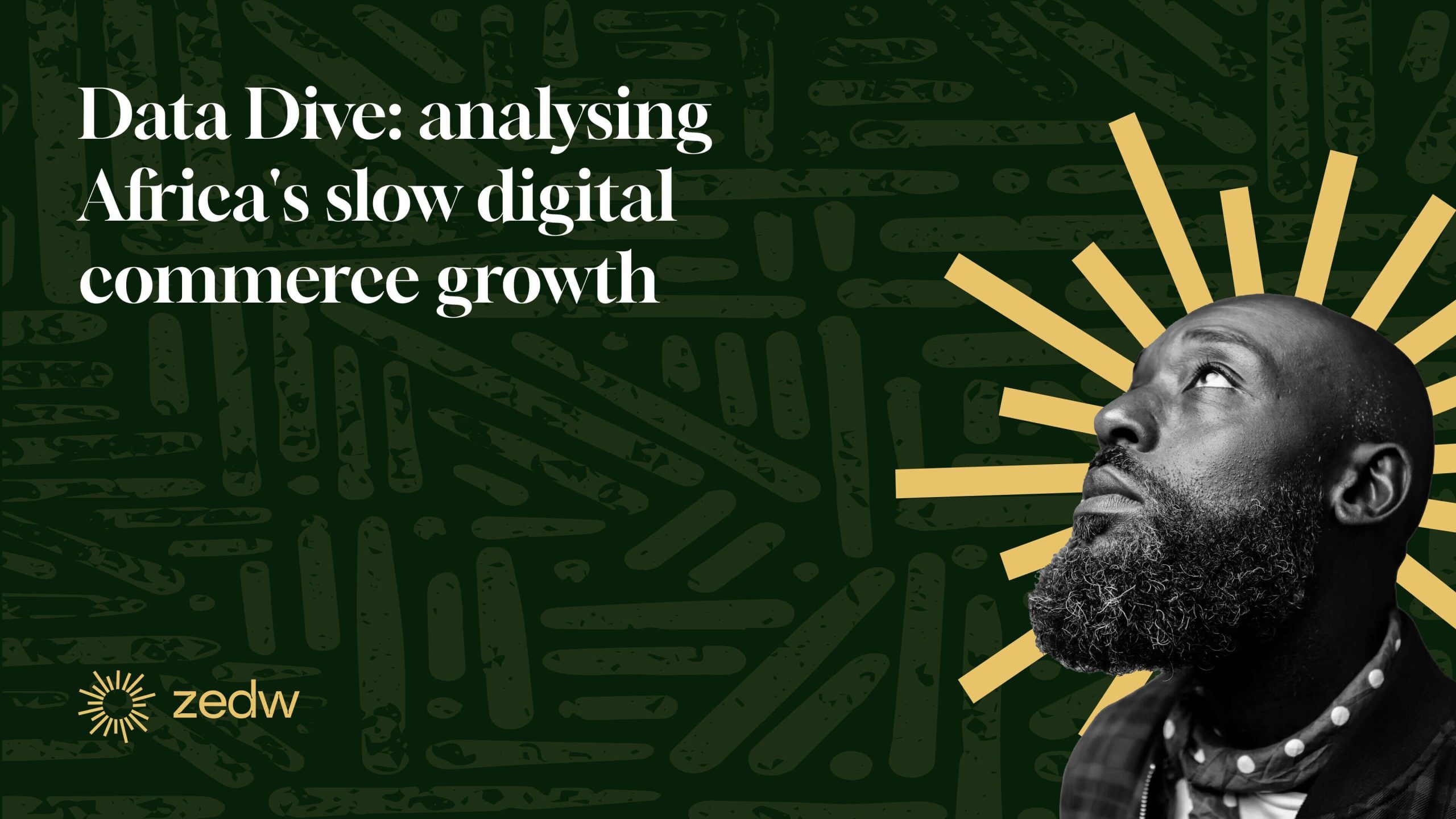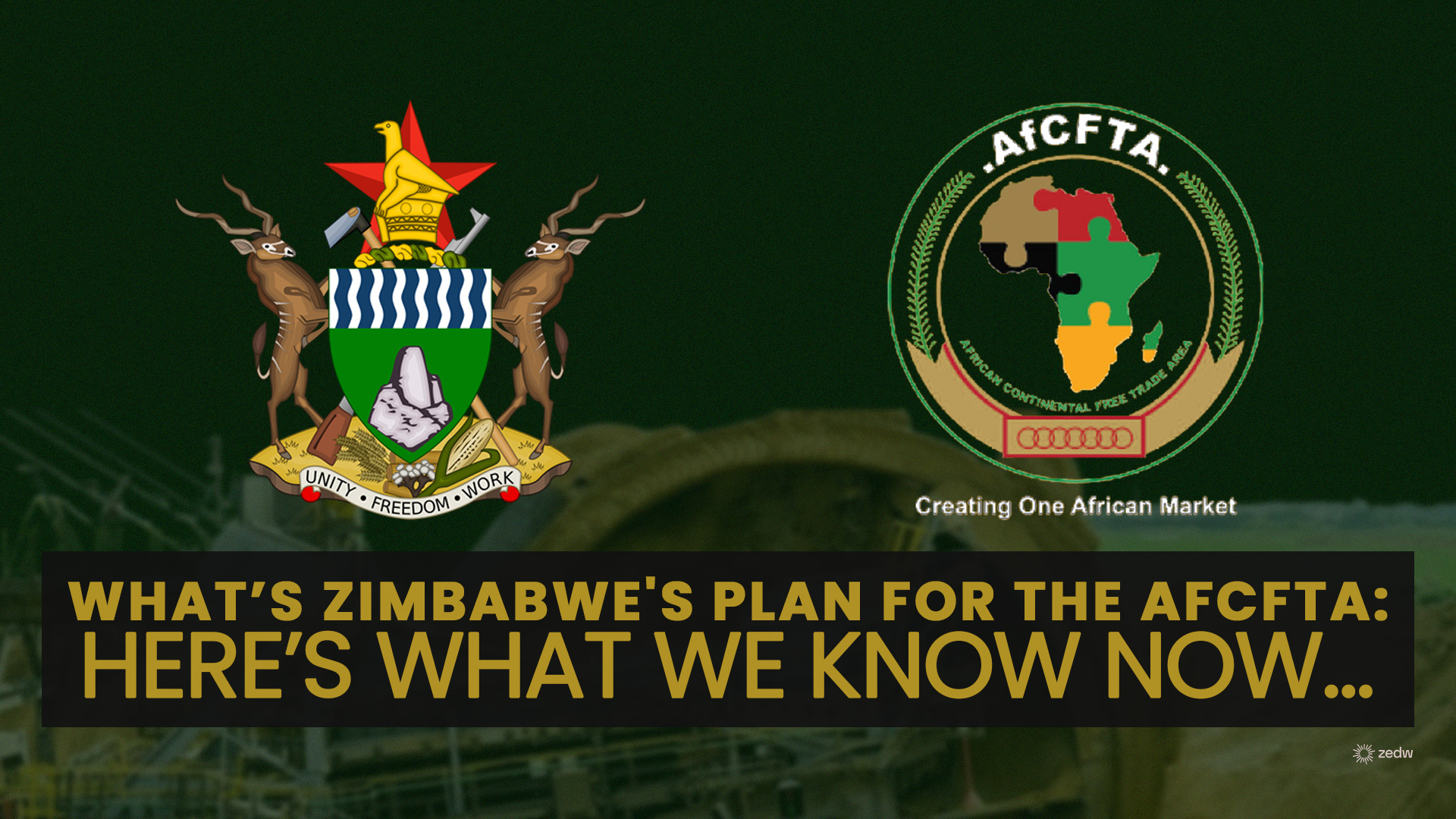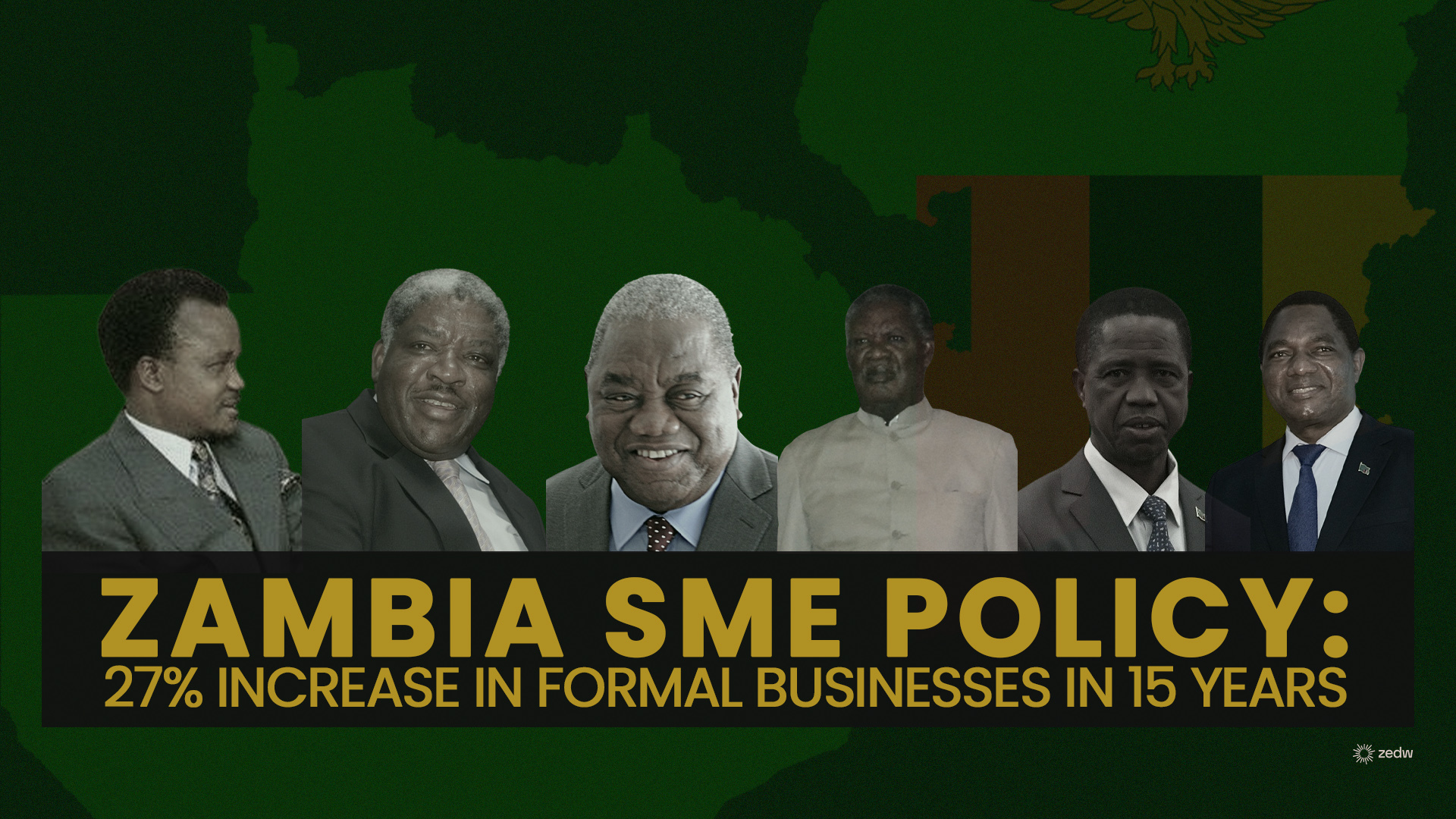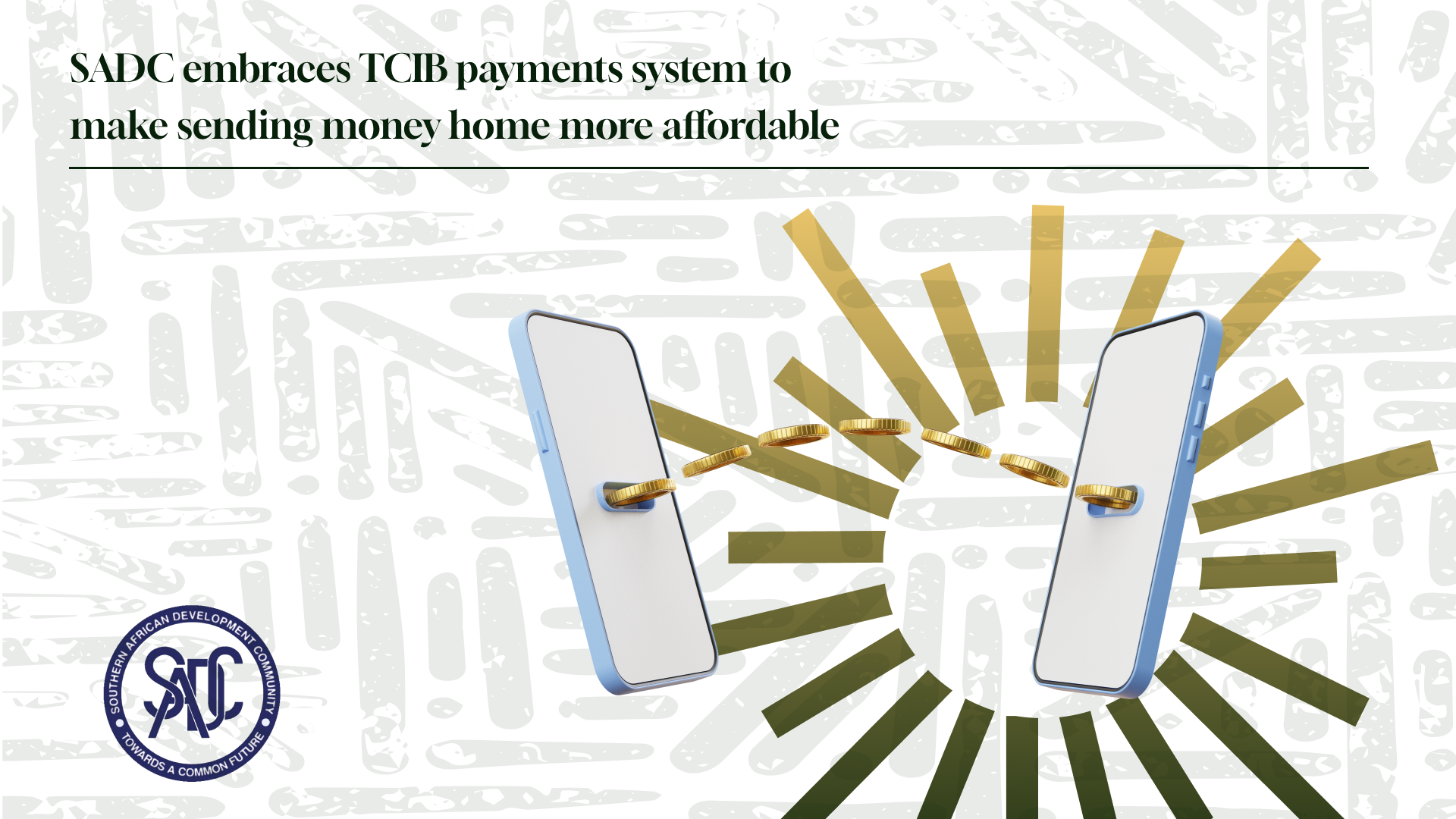Fintech entrepreneurs looking to spread their wings in the sub-Saharan Africa region might consider giving Botswana a try as the country has few fintech startups. This is despite the fact that the country, boasts a population of a little over 3 million (as per the 2021 National Census), has a booming financial and technology sector, as well as a growing hunger for alternative financial solutions for the approximately 24% unbanked population.
Botswana is currently enjoying a growing economy, peaceful social ambience, low crime and a relatively developed and upwardly mobile predominantly youthful population. Digital growth has also jumped by 23% in the past five years. Almost everything is done online there – from communication to sales and advertising – people are digitally savvy and ‘mobilised’. Additionally, Botswana also has a huge consumer culture – there is a lot of purchasing and spending in the country.
However, the fintech startup sector is almost non-existent. International giant corporations lead most businesses that break into the financial technology solutions sector, or if they do venture into this sector solo, they collapse or get frustrated before they even start serious operations.
Bostwana only has one fintech startup?!
A 2023 report by Disrupt Africa titled, ‘Finnovating for Africa: Reimagining the Africa financial services landscape,’ indicates that Botswana has only one fintech start-up. This of course is strange for a country with a large unbanked population of nearly 30%. The report notes that blame could be squared on poor corporate governance and limited fintech product ideas and technologies to support these ideas.
What is obvious is that fintech startups can help bolster the economy, create gainful employment and improve access to information on financial opportunities and services, particularly for the unbanked and rural and semi-rural population, and also improve financial inclusion in the country.
It must be noted again that currently there is a high number of unbanked people who earn substantial money in the country’s large informal sector such as hawkers, farmers, farm workers, hairstylists, clothing sellers, merchants and food sellers etc in urban areas, where most economic activity takes place. Actually, the informal sector in Botswana makes up approximately 26.7% of the country’s workforce and rakes in about US$15 billion of the country’s annual GDP, according to World Economics data.
This means that many people do make money in the informal sector, but the reality is that many of them do not have bank accounts due to the requirements of opening an account which include a formal letter of employment from a recognised organisation or institution, a valid identity document and a document that serves as proof of residence.
Most of these informal workers cannot supply these documents but they earn revenue from their skill, craft or sales and proceeds from products and services that they ply in. Many of them also fear the high charges from banks and operational costs, and yet, they also don’t want to carry or use cash. Previously, the post office savings option was popular with this unbanked population, but now they are the biggest clientele of mobile money service operators’ wallet services as they get to transact – send and receive money, and also keep their money safe.
Botswana has very good connectivity and mobile penetration
The benefit of tapping into this market, looking at the fact that nearly 100% of the Botswana population use mobiles and over 80% use smartphones and are familiar with using them, is that accessibility is easier, and the country boasts good network connection and a mostly urban population. Although small, this niche market is looking for ways to be included in the broader financial sector landscape. A 2019 report by the Bank of Botswana shows that only 24% of Botswana’s population was unbanked as of that year, with no access to financial services and no use of any financial products.
In Botswana, fintech could be a saving grace for the unbanked and also the banked who are looking for alternatives and options besides banks.
The hangups that thwart innovation in Botswana
The challenge is that there is a lot of bureaucratic red tape for investors and innovators, as affirmed by the ‘Finnovating for Africa: Reimagining the Africa financial services landscape,’ report. The report notes that it is no walk in the park to establish a fintech startup in the country, particularly without the backing of big money or a large corporation. Furthermore, there is the challenge of a lack of skilled personnel in fintech because a thriving fintech requires brilliant minds in financial literacy and digital technology that can create solutions with scalability. Botswana’s current education curriculum has little focus on technology and programming, and creative and analytical thinking, creating an intellectual vacuum, that has led to people in the country only now catching up with developments, trends and skill sets as well as thinking patterns required for the fintech sector.
How Botswana can overturn the situation
So, basically, what Botswana needs to do is build the fintech eco-system by firstly vouching for open banking, and using APIs to connect banks and third parties such as fintech-specific developers, to help offer better quality service. The next step could be a more engaging and trust-based financial services offering. Currently, it is difficult to exchange financial information in Botswana, which values compliance, and this can be a problem for fintech startups and makes it challenging for those companies to gather information and develop solutions.
But perhaps to make things easier, ambitious fintech startups could consider collaborating with local entities after carrying out market research and cost analysis and develop ideas that benefit locals mostly, and offer long-term solutions and obviously employment opportunities. Botswana has the market and fertile ground to operate (once the sweat-inducing challenge of meeting the many paperwork demands is out of the way!) and a workforce that is largely untapped.
There is potential. What the Government of Botswana needs to do is create a more accommodative environment with less red tape and locals should reach out to outsiders to learn more about fin techs and also improve their skill set. There is always an opportunity for growth and new products and services and right now, Botswana is a market that is begging to be explored considering it’s potential and the plethora of opportunities in the robust financial services sector.
Image Credit: Forbes

